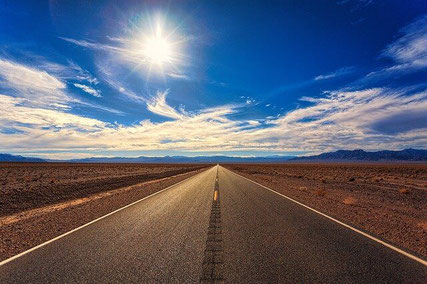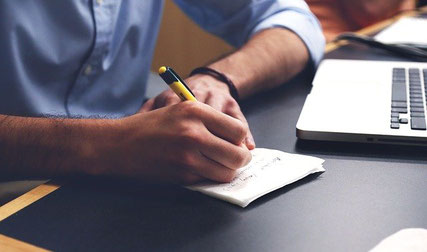
The late psychotherapist Sheldon Kopp once said that you are free to do whatever you want; you need only face the consequences.
Kopp’s observation is a very simple one. It’s also a very important and ‘astoundingly clarifying’ one, noted writer Oliver Burkeman in a recent newsletter.
Kopp, Burkeman points out, was not saying that you can accomplish anything you want if you put your mind to it. That old cliché is often trotted out in poor self-help books, but it’s not really true, and believing it tends to make people feel bad about themselves.
Nor is Kopp denying that we live in an unjust world. The reality is that the consequences of ‘doing whatever you want’ will be much more severe for some people than for others.
Rather, says Burkeman, Kopp is just stating ‘the obvious (but incredibly easy-to-ignore) truth that everything comes with some kind of cost’ and that confronting this fact is ‘liberating, not depressing’.
Why? ‘Because then all you have to do is decide whether you're willing to pay it or not.’
Burkeman refers to acquaintances who changed their outlook and worked up the courage to leave an unhappy marriage or unsatisfactory career. ‘Previously, they'd subconsciously assumed that if the prospect of walking away wasn't basically painless – which it certainly wasn't – then the only alternative must be that it was impossible: that they had no option but to grit their teeth and resign themselves to their fate.’
Eventually, they saw that there was a third option: that leaving would indeed be awful and stressful, but that they were still completely free to do it anyway. In essence, they thought: I don’t have to be stuck in this unhappy situation, but the price of my freedom is that I will have to deal with some awful consequences. And yes, I have decided that I am prepared to pay this price.
"I HAVE TO"

The same principle applies in more banal, everyday circumstances. As I have previously noted in this column, we often use language that implies our decisions are already made for us. “I have to”, “I can’t do it” – such language suggests we have little if any choice in all kinds of matters.
As Burkeman notes, it’s ‘almost never literally true’ that we “have to” do things that we say we have to do. For example, I don’t “have to” write this column or meet the deadline for it. It might seem like I “have to”, but I don’t.
The same is true of countless other situations. I don’t have to get up early and exercise tomorrow morning; I don’t have to eat healthy, I am free to eat chocolate cake tonight; I don’t have to answer those emails right now.
In all these cases, I am free to choose – I just have to accept whether I want to face the consequences.
Remembering Kopp’s aphorism will empower you to stop spending time on unimportant things that do not benefit you. Similarly, it helps open our eyes to opportunities and possibilities that we may have missed because of an unthinking, automatic “have-to” outlook.
But other times, Burkeman points out, you will do what you were originally going to do because you now understand the cost of not doing it and you’ve decided you don’t want to pay that price. That is, just because you are free to do something doesn’t mean you should do it.
For example, while I might not always want to get out of bed early to do a pre-breakfast walk or jog, I always feel better for doing so. Saying that I “have to” get up early misses the point; this is something I choose to do because the pros outweigh any cons.
Kopp’s line, notes Oliver Burkeman, has a way of investing some of our actions with more meaning, ‘since you're no longer doing it in a spirit of truculent obligation, but because you've figured out why you care about it’.
Sheldon Kopp’s dictum is an important one that bears repeating. You are free to do whatever you want. You need only face the consequences.
(First published in Southern Star on 20/1/2022)